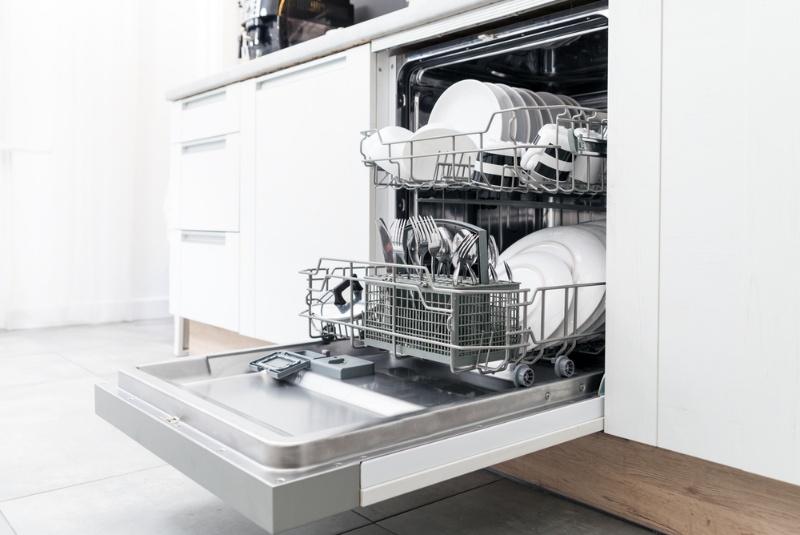Becoming a parent is a life-changing experience that brings immense joy and a whole new set of responsibilities. One of the most significant challenges new parents face is managing their finances. The expenses related to having a baby can be overwhelming, but with some careful planning and budgeting, it is possible to save money while still providing for your child's needs. This article highlights the top money-saving tips for new parents as they embark on this exciting journey.
- Plan Your Budget Early
Start planning your budget as soon as you learn you're expecting. This will give you ample time to adjust your spending habits, identify areas to cut back, and save up for upcoming expenses. Incorporate expected costs such as medical expenses, baby gear, clothing, diapers, and childcare into your budget. Don't forget to plan for potential income changes, especially if one parent plans to take extended leave or become a stay-at-home parent.
- Shop Smart for Baby Essentials
While it's tempting to buy all the latest baby gadgets and designer clothes, it's essential to prioritize your purchases. Focus on acquiring the necessary items such as a crib, car seat, stroller, and baby clothes. Look for deals, discounts, and coupons when shopping for baby essentials. Buying items during sale events or from second-hand stores can also save you a considerable amount of money.
- Embrace Hand-Me-Downs and Borrowing
Friends and family members with older children may have baby items they no longer need. Don't be afraid to accept hand-me-downs or borrow items such as baby clothes, toys, and gear. Not only will this save you money, but it's also an eco-friendly option as it promotes reuse and reduces waste. Remember to check the safety and cleanliness of borrowed items, especially car seats and cribs.
- Buy in Bulk and Save on Diapers
Diapers are a significant expense for new parents, and buying in bulk can lead to significant savings. Warehouse clubs, online retailers, and sales events are excellent sources for bulk diaper purchases. Don't forget to stock up on different sizes as your baby will grow quickly. Alternatively, consider using cloth diapers, which can be a cost-effective and environmentally friendly option in the long run.

- Make Your Own Baby Food
Once your baby starts eating solid foods, consider making homemade baby food instead of buying pre-made options. Homemade baby food is not only cost-effective but also allows you to control the ingredients and ensure your baby is getting the best nutrition. Invest in a good blender or food processor and use fresh, seasonal produce to create a variety of purees for your little one.
- Find Affordable Childcare
Childcare is a significant expense for many families, but there are ways to save money in this area. Research and compare different childcare options in your area, such as daycare centers, home-based care, or nanny-sharing. Consider asking a family member or friend to help with childcare or explore flexible work arrangements that allow you to work from home part-time.
- Save on Healthcare Costs
Healthcare expenses can add up quickly, so be proactive in finding ways to save. Choose a pediatrician within your insurance network to avoid out-of-pocket expenses. Ask for samples of baby medications or ointments during doctor visits, and inquire about generic alternatives to prescription medications. Additionally, breastfeeding can save money on formula and has numerous health benefits for both the baby and the mother.
- Start Saving for Education Early
It's never too early to start saving for your child's education. Research and open a 529 college savings plan, which allows you to save money tax-free for education expenses. Make regular contributions, no matter how small, and encourage family members to contribute as gifts for birthdays or special occasions. Starting early will give you more time to accumulate savings and take advantage of compound interest.
- Utilize Tax Breaks and Benefits
As a new parent, you may qualify for various tax breaks and benefits, such as the Child Tax Credit and the Dependent Care Credit. Familiarize yourself with these tax benefits and ensure you're claiming them on your annual tax return. Additionally, if your employer offers a Flexible Spending Account (FSA) or a Health Savings Account (HSA), take advantage of these pre-tax savings opportunities for medical and childcare expenses.
- Create a Support Network
Connect with other new parents and form a support network. This network can be an invaluable resource for sharing tips, advice, and even baby items. Organize playdates, swap babysitting services, and exchange toys, clothes, and other baby necessities. By supporting one another, you can save money and create lasting friendships for both you and your children.
Becoming a new parent doesn't have to break the bank. By planning your budget early, shopping smart, embracing hand-me-downs, and finding ways to save on everyday expenses, you can alleviate financial stress and focus on the joy of raising your child. Remember, the most important thing you can provide for your child is love and care, which doesn't come with a price tag.




